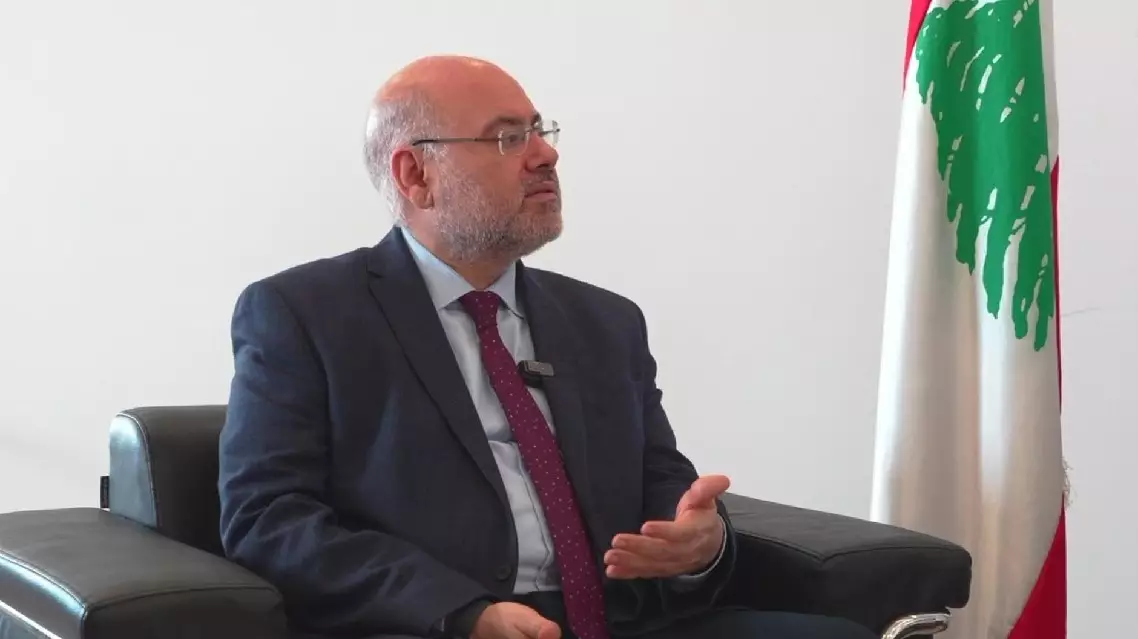Lebanese Minister of Public Health Firass Abiad on Thursday denounced Israel for indiscriminately attacking emergency rescuers and civilians, saying that the country's health care system is teetering on the brink of collapse.
After giving a press conference in Beirut on the casualties of Lebanese first responders in the ongoing Israeli military campaign, Abiad told China Global Television Network (CGTN) that the actual numbers of deaths and injuries of paramedics and firefighters are much higher than what had been reported since the cross-border exchanges of fire between Israel and Hezbollah began last October.
Israel, instead of carrying out what it claimed a "limited, localized and targeted ground raids" against Hezbollah targets, is just repeating the same tactics on Lebanon as it has been doing on the Gaza Strip over the past 12 months by indiscriminately bombarding civilian targets, said the minister.
"Unfortunately, just in the past almost 48 hours, we've recorded almost 39 health care workers who have been killed. If you look from the beginning of the events in last October, we have gone beyond 120 casualties. We've seen [that] almost more than 20 hospitals, medical centers have been attacked. We've seen almost 120 to 130 vehicles that have been targeted. So, unfortunately, the same playbook that we saw in Gaza, where hospital facilities, health facilities and health personnel were targeted, [is] here as well. Israel [is] repeating the same playbook in Lebanon," Abiad said.
"As an example, yesterday we had people, paramedics who were targeted. And when we send other paramedics to collect them, to take them to hospitals, the second team of paramedics was also targeted. And up to now, despite the fact that the International Committee of the Red Cross are [is] trying to help, we haven't been able to retrieve their bodies. So, access to health, as much as difficult as it is, becomes even more difficult when health care facilities are being targeted, when ambulances are being targeted, and when people are afraid of going to hospitals, because hospitals, which should have been a sanctuary, are now becoming targeted by the Israelis," the health minister.
"With the indiscriminate attacks that we are seeing, with the large number of casualties, especially among civilians, and also with the fact that there are large areas that are under attack, [it] means that hospitals within those areas as well have almost gone out of service. This has put extra strain on our hospitals and our health system. So, up to now, it has been coping, but I would say, at almost full capacity, we really are on the brink. The health system is on the brink because of this -- the magnitude and the indiscriminate nature of these attacks," he said.
The Israel Defense Forces have been carrying out an unprecedented, intensive air attack on Lebanon, dubbed "Arrows of the North", since Sept. 23, after nearly a year of low-intensity cross-border exchanges of fire with Hezbollah. And in another sign of escalation, the country has launched a ground incursion into Lebanon since early Tuesday.
The Israeli air and ground raids have since killed 1,974 people, including 127 children, wounded 9,350 others, and forced more than 1.2 million civilians to flee their homes, according to Abiad.

Lebanese health minister denounces Israel's indiscriminate attacks on Beirut









